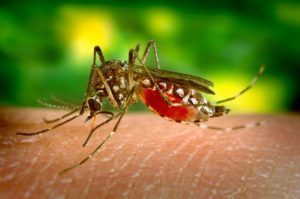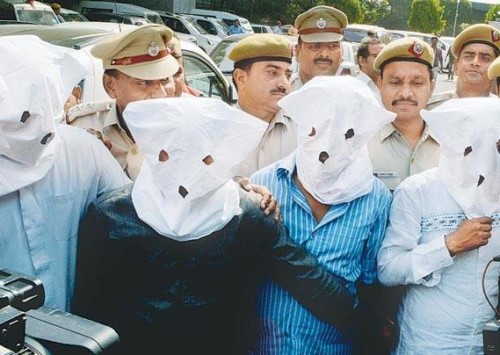Zika threat serious, India cautious
India looking into the potential threat Zika virus poses in the country after more than 250 cases reported in Singapore.
Zika was first reported more than five decades ago but it wasn’t considered a serious public health risk until the more recent outbreak in Brazil last year. Since then, the virus has spread to across 70 countries around the globe. With no vaccines or cure available as yet, India is another country in the world that is beginning to get affected by the virus, with reports of a few cases until now.
Zika is mostly spread by a specific species of mosquito, but it can also be spread sexually and through blood transfusions. The virus has also been noted to be passed on by a pregnant woman to the child she is carrying, and linked to the rising cases of microcephaly, a birth defect that causes brain deformities and an enlarged head.
A report, released in the medical journal, Lancet, last week, analyzed the growth in spread of the virus, putting India as one of the potentially threatened countries, among others. With the island country of Singapore, located very close to India, having close to 250 reported cases within a week, Southeast Asia is waking up to the potential dangers it faces. The Ministry of External Affairs, India, acknowledged that over 13 Indian nationals in Singapore were affected by the virus itself or showed signs of being affected by the same.
The Indian Medical Association, the country’s largest voluntary association of allopathic doctors and students of medicine, issued a warning Sunday about the spread of the Zika. It asked for caution and alertness to what could be possible symptoms of the disease. Specifically aiming to address the travellers to and from Singapore, the alert issued asked for use of condoms. As India already fights a battle with other mosquito-spread diseases like dengue and malaria, it looks to prepare itself to what could be a public health risk in form of the Zika virus.
Challenges in understanding Zika
Some of the problems that are associated with finding a comprehensive way to address the growing spread of the virus is that reportedly a sizable number of affected individuals show mild or no symptoms of the disease. The threat of developing Guillain Barre Syndrome, which causes muscle weakness and paralysis is what is of greatest concern to the medical practitioners, who claim that otherwise, symptoms of the virus die down quickly.
WHO recognised some of the problems associated with addressing the Zika problem.
Knowledge gaps on #ZikaVirus remains: modes of transmission, how long risk of transmission last; poss. co-factors causing microcephaly, GBS
— WHO (@WHO) September 2, 2016













